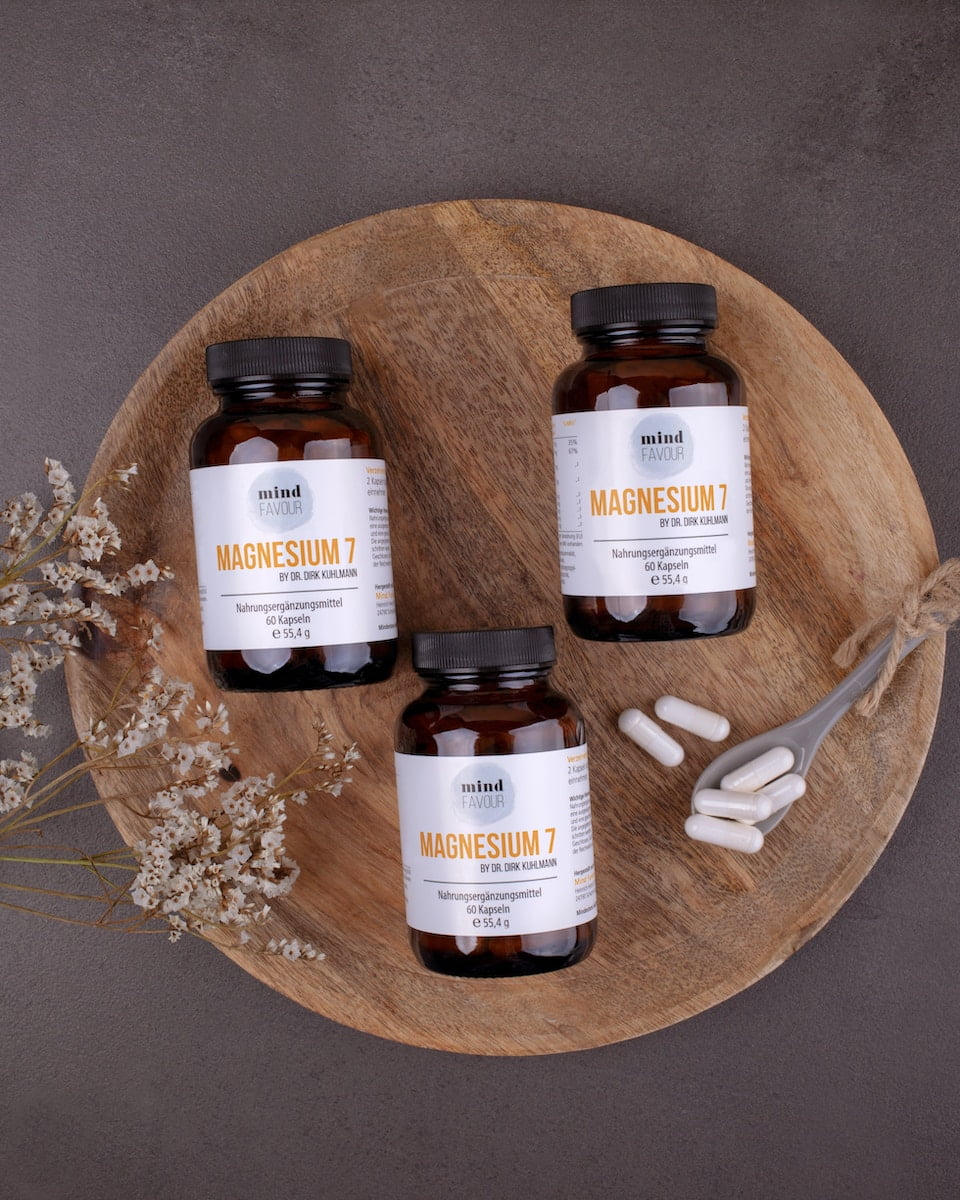Anemia is a condition in which the body does not have enough red blood cells or hemoglobin, a protein that carries oxygen to the body’s tissues. Anemia can cause fatigue, weakness, and other symptoms that can affect a senior’s quality of life. Here are some tips for managing anemia in seniors:
- Eat a diet rich in iron: Iron is a mineral that is essential for the production of red blood cells. Foods that are high in iron include red meat, poultry, seafood, beans, tofu, nuts, seeds, and leafy green vegetables.
- Consume vitamin C: Vitamin C can help the body absorb iron more efficiently. Foods that are high in vitamin C include oranges, strawberries, kiwi, bell peppers, and broccoli.
- Take iron supplements: If a senior is not getting enough iron from their diet, a healthcare provider may recommend iron supplements. It is important to follow the dosage instructions provided by a healthcare provider.
- Avoid consuming caffeine and calcium at the same time as iron: Caffeine and calcium can interfere with the absorption of iron. It is best to avoid consuming these substances at the same time as iron-rich foods or supplements.
- Drink fluids: Dehydration can worsen anemia. Seniors should drink plenty of fluids, especially water, to help prevent dehydration.
- Get enough sleep: Sleep is important for the body to repair and regenerate. Seniors should aim for 7-9 hours of sleep per night to help improve energy levels.
- Avoid alcohol: Alcohol can interfere with the body’s ability to absorb iron. Seniors with anemia should limit their alcohol consumption or avoid it altogether.
- Take folic acid: Folic acid is a B vitamin that is important for the production of red blood cells. Seniors with anemia may be advised to take folic acid supplements by their healthcare provider.
- Get regular medical check-ups: It is important for seniors with anemia to receive regular medical check-ups to monitor their condition and ensure that it is being properly managed.
Anemia is a condition that can cause fatigue, weakness, and other symptoms that can affect a senior’s quality of life. By eating a diet rich in iron, consuming vitamin C, taking iron supplements as directed, avoiding caffeine and calcium at the same time as iron, drinking fluids, getting enough sleep, avoiding alcohol, managing underlying health conditions, taking folic acid as directed, and getting regular medical check-ups, seniors can effectively manage anemia and improve their energy levels and quality of life.
References:
- Mayo Clinic. (2019). Anemia. Retrieved from https://www.mayoclinic.org/diseases-conditions/anemia/symptoms-causes/syc-20351360
- Centers for Disease Control and Prevention. (2019). Anemia. Retrieved from https://www.cdc.gov/ncbddd/anemia/index.html
- National Institute on Aging. (2019). Anemia. Retrieved from https://www.nia.nih.gov/health/anemia
- World Health Organization. (2018). Iron deficiency anaemia. Retrieved from https://www.who.int/news-room/fact-sheets/detail/iron-deficiency-anaemia
- National Institute of Diabetes and Digestive and Kidney Diseases. (2019). Anemia: causes, symptoms, and treatments. Retrieved from https://www.niddk.nih.gov/health-information/digestive-diseases/anemia/causes-symptoms-treatments
- Cleveland Clinic. (2019). Anemia: causes, symptoms, and treatment. Retrieved from https://my.clevelandclinic.org/health/diseases/16923-anemia
- National Heart, Lung, and Blood Institute. (2019). Anemia. Retrieved from https://www.nhlbi.nih.gov/health-topics/anemia
- American Academy of Family Physicians. (2019). Anemia. Retrieved from https://www.aafp.org/afp/topicModules/viewTopicModule.htm?topicModuleId=22




























